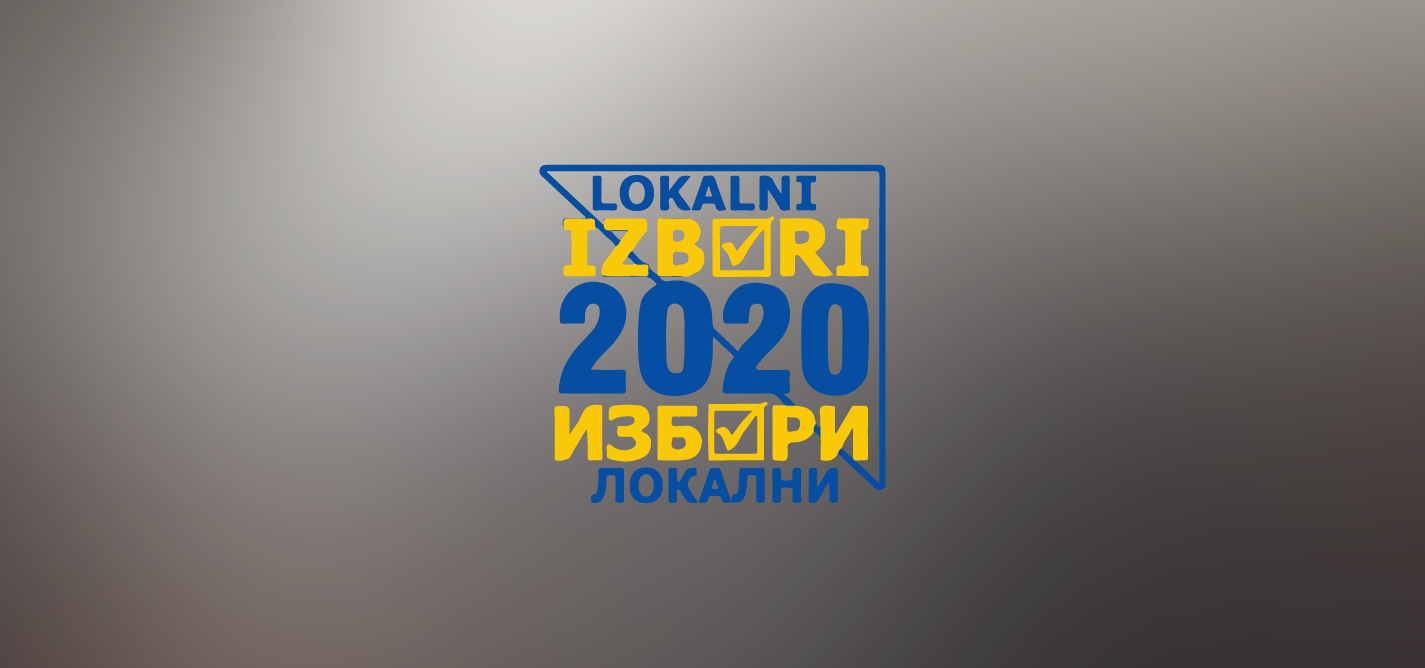
Is there any chance of meaningful change in Bosnian elections?
More than 30,000 candidates stand in November’s local elections.
More than 30,000 candidates have decided to try their luck by running in the local elections.
Here, too, the story of election machinations is definitely not over.

Srđan Blagovčanin
Srđan Blagovčanin works in the fields of the rule of law, good governance, public policy and democratization. He has published many papers on these topics, cooperating with prominent regional and international organizations. He serves as chairperson of Transparency International B&H, while working on numerous initiatives and projects in the Western Balkans region.
DISCLAIMERThe views of the writer do not necessarily reflect the views of Kosovo 2.0.
This story was originally written in Serbian.